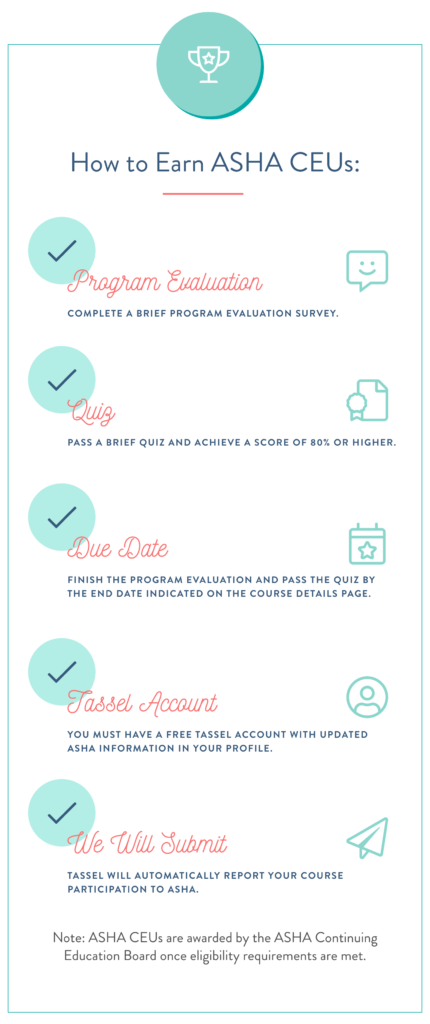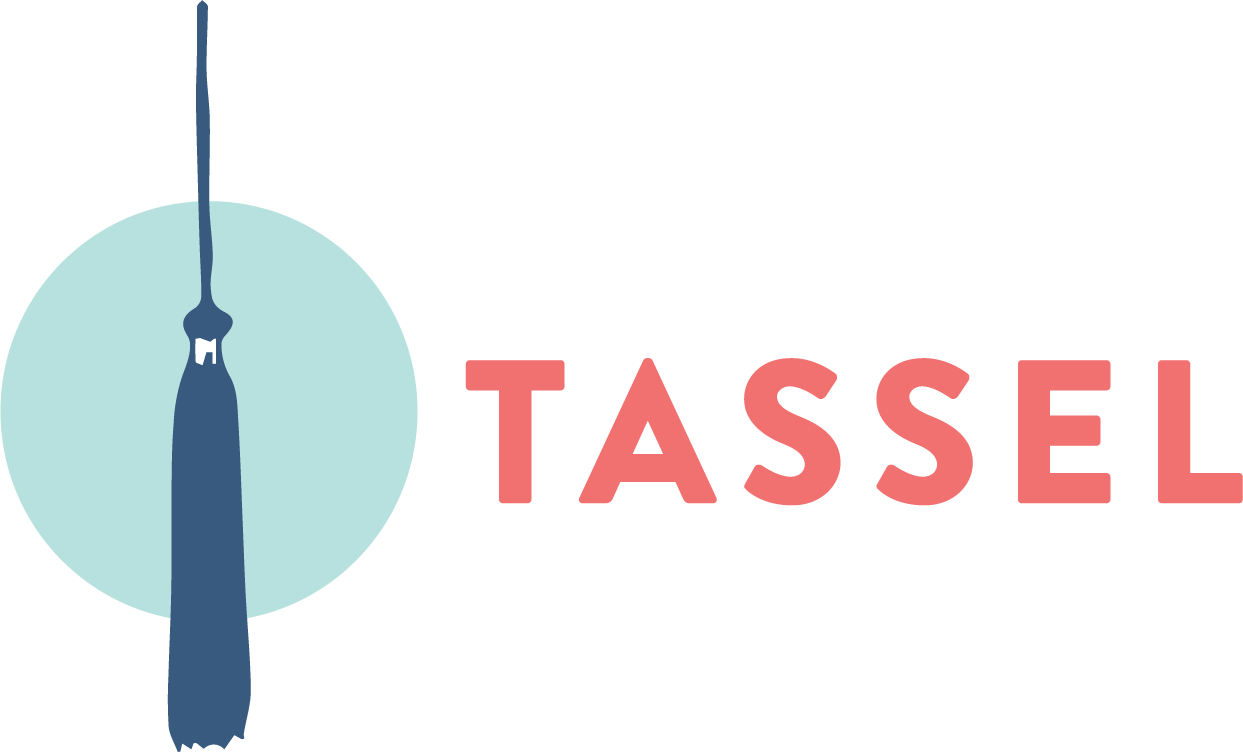Course Number: ABIO2445
When: Live course will take place on Zoom on November 15, 2024. All requirements are due by November 18, 2024 at 8:00PM ET. For the time of the course, take a look at the schedule here.
Where: Course available under “Course Content” at the bottom of this page.
Description: We delve into the foundational principles of Polyvagal Theory and its role in understanding behavior. Participants learn to distinguish adaptive survival responses from maladaptive behaviors, gaining insights into how these responses influence therapy. We explore co-regulation, strategies to foster safety in sessions, and therapeutic techniques that promote safety and connection.
Who This Course Is Good For:
- Parents, teachers, and related professionals working with children of all neurotypes, including those with behavioral challenges.
- Any ASHA member, CCC holder, or other professional licensed or credentialed to practice speech-language pathology (SLP) or audiology, or those preparing to earn ASHA CEUs.
- Therapists and professionals interested in fostering connection, emotional safety, and supportive environments for all children.
- Speech-language pathologists (SLPs) working in school-based, clinic, or private-practice settings who want to implement relational, connection-based approaches for both neurotypical and neurodiverse children.
Who This Course Isn’t Good For:
- Any professional who does not currently work with any pediatric clients or plans to in the near future.
Presenters:

Venita Litvack, M.A, CCC-SLP (she/her)
Venita is an Assistive Technology (AT) Consultant in south Florida. She has a passion for using AAC, AT, and literacy to support individuals with complex communication needs, autism, and other disabilities. Venita has delivered poster presentations on several topics related to AAC at ASHA and co-presented several ASHA CEU accredited courses. Venita co-authored two articles published in ASHA Leader’s online publication, as well as the Lou Knows What to Do book series published by Boys Town Press. Recently, Venita started utilizing the power of social media to empower and motivate educators across the country through the Speechie Side Up podcast, blog, Instagram account, and YouTube channel.

Jacqueline Jebian Garcia M.S., CCC-SLP (she/her)
Jacqui is a Neurodivergent Mama of 2, Sensory-Trained and Somatic Trauma-informed Speech Language Pathologist and Social Emotional Coach. She is passionate about educating adults relative to the Neurodiversity-Affirming Paradigm Shift with Polyvagal Theory lenses. She gives parents, educators, coaches, and clinicians the tools to confidently create sensational connection with themselves and with their child/student/client in their very own space by becoming aware of their sensory and somatic profiles.
Disclosure Statements
Venita Litvack has the following relevant financial relationships to disclose: ownership interest in Speechie Side Up, LLC and Tassel Learning, LLC; royalties from the Lou Knows What to Do book series.
Venita Litvack has the following relevant nonfinancial relationships to disclose: member of the ASHA Special Interest Group 12.
Jacqueline Jebian Garcia has the following relevant financial relationships to disclose: owner of Create Yourself Co. LLC ; part-time employee at Broward Public Schools. The speaker is being compensated for this presentation and may earn affiliate commissions from related products and services.
Jacqueline Jebian Garcia has the following relevant nonfinancial relationships to disclose: Board member for Tassel Learning- receives no compensation as a member of board. Member of ASHA.

Learning Outcomes
As a result of this activity, participants will:
- Describe 3 basic principles of Polyvagal Theory and its relevance to understanding behavior.
- List 2 key components of co-regulation and strategies to foster a sense of safety in therapy sessions.
- Identify 2 therapeutic techniques that promote safety and connection to support communication development.
- Define 2 adaptive survival responses in children and explain how they differ from maladaptive behavior.
Agenda
| 5 min | Introductions and Backgrounds |
| 10 min | Intro to Polyvagal Theory |
| 10 min | Reframing Behavior |
| 15 min | Co-Regulation & Safety |
| 10 min | Connection Strategies |
| 5 min | Helpful resources |
| 5 min | References & closing remarks |
Complaint Policy
To file a complaint or ask general questions about the complaint filing process, please contact our support team at info@tasseltogether.com
Refund Policy
Click here to read more about our refund policy.
Requirements

Course Content

